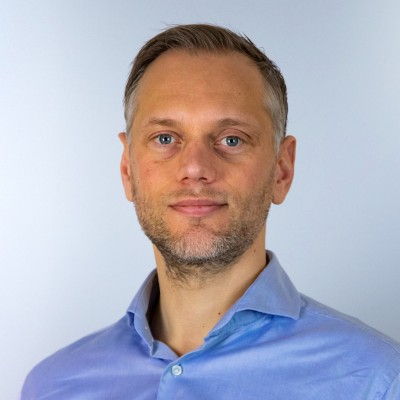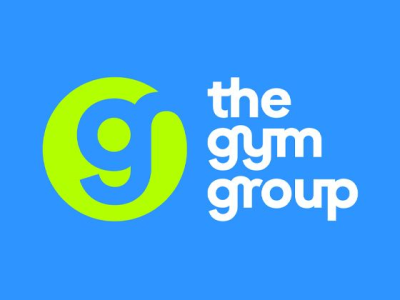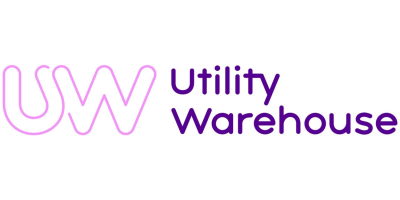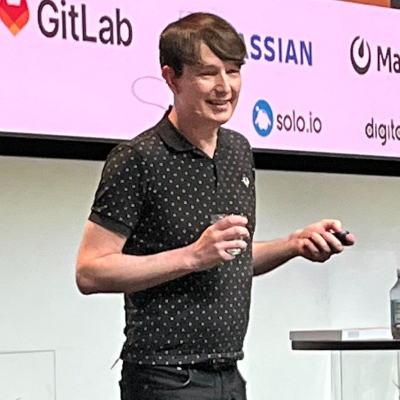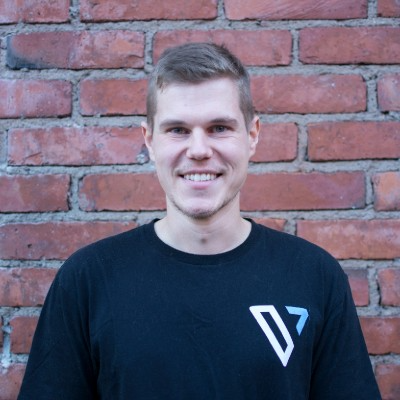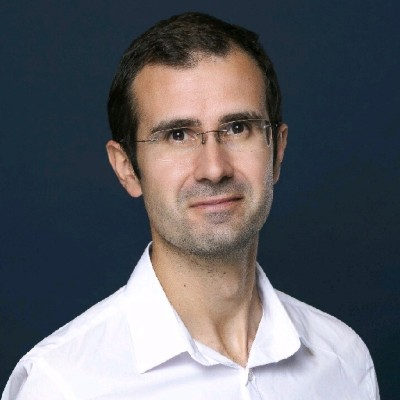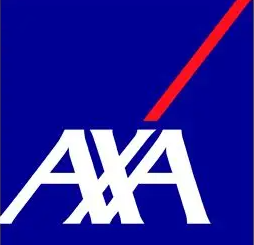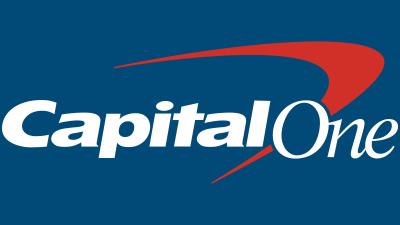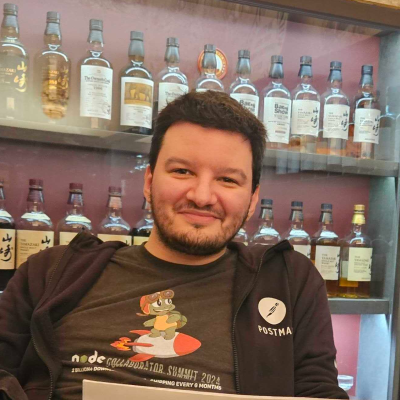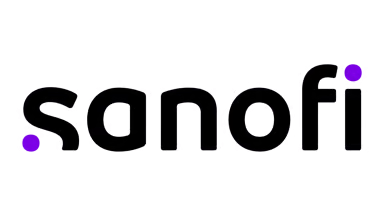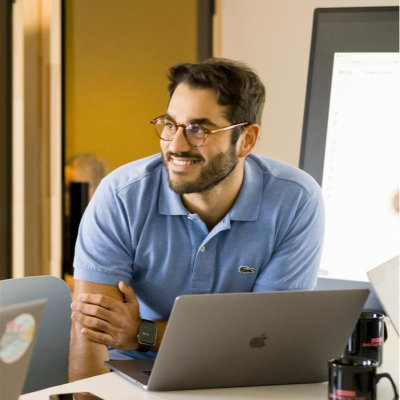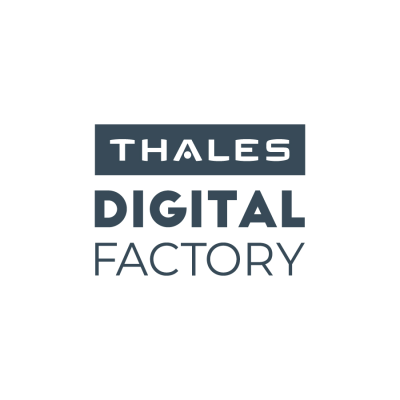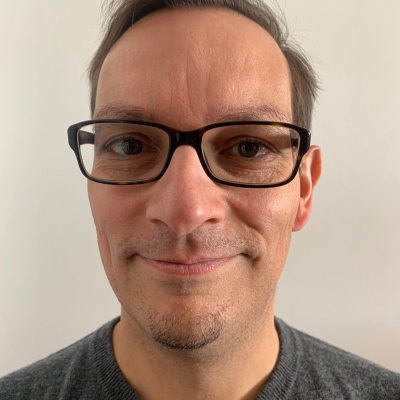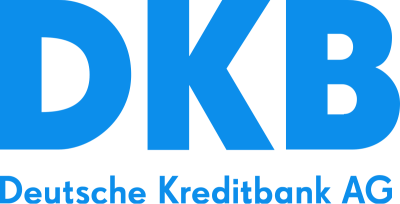CONFERENCE DAY ONE
Day 1 Sessions
8:00 am - 9:00 am
Registration & Coffee
8:45 am - 9:00 am
Opening Chair Remarks
Noud Donders -
Former Head of Platform,
Ex-Maersk
9:00 am - 9:30 am
PRESENTATION: Treating the Platform as a Product Across the Enterprise
Bruno Suarez Laffargue -
Head of Product for Engineering Effectiveness,
Tesco
As platform engineering matures, the imperative is no longer just to remove the burden of undifferentiated technology, while increasing consistency, security, and adoption of standards—but to deliver measurable, strategic value to internal teams. This session led by Bruno Suárez Laffargue – a leader passionate about software development end-to-end lifecycles – shares a case study detailing how adopting a Product Operating Model is transforming their internal platform from a cost centre into a value-driving product line. Bruno will outline the impact of:
- Treating internal platforms as products with defined personas and roadmaps.
- Segmenting internal audiences to personalise adoption and onboarding strategies.
- Aligning platform evolution with broader strategic outcomes.
- Building feedback loops to continuously improve developer experience and value.
9:30 am - 10:00 am
PRESENTATION: Accelerating Product Development Lifecycle with AI
Noud Donders -
Former Head of Platform,
Ex-Maersk
In this session, Noud Donders, Formerly Maersk’s Head of Platform, explores how AI is reshaping the product development lifecycle across enterprise environments. Drawing from real-world implementation and scale, he shares how democratised data insights and rapid prototyping can unlock business value through:
• Leveraging AI to shorten iteration cycles and accelerate product delivery.
• Enabling business teams to act on data through accessible, insight-driven platforms.
• Scaling AI initiatives by identifying and empowering the right cross-functional roles.
• Translating domain knowledge into tangible outcomes through fast, feedback-rich prototyping.
10:00 am - 10:45 am
PANEL DISCUSSION: Comparing Platform Engineering Practices Across Industries
Colm Campbell -
Head of Engineering,
The Gym Group
Louis Bailleul - Director of Architecture and Platform Engineering, TGS
Noud Donders - Former Head of Platform, Ex-Maersk
While every industry has its individual issues, the challenges of platform engineering in enterprise contexts has significant overlap. This panel brings together leaders from diverse sectors to share what’s working - and what’s not.
- Hear how platform priorities differ across finance, retail, healthcare, and manufacturing.
- Discover shared challenges around tooling, skills, and cultural adoption.
- Explore unique innovations and practices that can be borrowed cross-industry.
- Learn how different contexts shape team design, platform scope, and success metrics.
10:45 am - 11:15 am
Morning Coffee Break
11:15 am - 11:45 am
PRESENTATION: Mining Gold from Legacy Platforms
Donovan Thomson -
Head of Product Management - Platform,
Utility Warehouse
During this session, Donavan Thomson, a strategy and development leader and the Head of Product-Platforms at Utility Warehouse, will discuss how UW transitioned from a monolithic application to a modular, platform-based architecture over the last seven years. A
communications platform, initially designed to streamline customer messaging, was recently reevaluated, unlocking nearly £2 million in cost savings by digitising processes and refining analytics. This presentation will outline the importance of:
- Building close relationships with users and deeply understanding their goals.
- Partnering with key teams to create momentum and demonstrate value.
- Designing platforms that clearly separate concerns, leading to innovation.
- Experimenting strategically to validate changes and minimise risk.
11:45 am - 12:15 pm
PRESENTATION: Scaling Platform Engineering While Maintaining Reliability
Italo Vietro -
Head of Engineering,
Parloa
Platform engineering teams are increasingly responsible for enabling rapid scale while maintaining system uptime and performance. Platforms are fragile from both internal, and increasingly external, threats. How can enterprises successfully scale platform engineering reliability and securely.
- Examine scaling strategies that maintain platform reliability during high growth.
- Learn how teams are re-architecting and modularising services to support scale.
- Identify operational risks and technical debt that emerge with platform growth.
- Discover how leading enterprises are aligning reliability goals with business expansion.
12:15 pm - 12:45 pm
PANEL DISCUSSION: Balancing Autonomy and Governance in Platform Ecosystems
Simon Rohrer -
Head of Enterprise Technology Architecture & Ways of Working,
Saxo Bank
Jacob Lärfors - Principal Engineer - Developer Productivity, SOK
Benjamin Brial - Founder, Cycloid
As platform capabilities expand, so does the tension between autonomy and control. Platform Engineering leaders face fresh challenges building governance models that won’t stifle developer innovation and autonomy.
- Understand the risks of over- and under-governance in enterprise platforms.
- Learn how to apply policies that enable experimentation within boundaries while exploring frameworks like paved paths, golden templates, and policy-as-code.
- Hear how organisations are building trust while meeting compliance and consistency goals.
12:45 pm - 1:45 pm
Lunch
1:45 pm - 2:15 pm
PRESENTATION: AI-Driven Developer Efficiency: Tools, Trade-offs & Tangible Impact
David Graca -
Developer Experience Lead Expert,
AXA
Exploration on AI-Driven Developer Efficiency: Tools, Trade-offs & Reporting. As AI continues reshaping the software development lifecycle, engineering leaders are under pressure to identify real outcomes. From co-pilots to agentic systems, AI promises major productivity gains - but only when applied to the right problems with the right tools. David Graca is the Principal Developer Experience Engineer at AXA, he joins us here to explore how we are looking to adopt AI in software development, balancing cost, efficiency, and developer joy.
- Unlocking and measuring the real-world productivity impact of AI tooling.
- Understanding the difference between agentic AI and co-pilots - and when to use each.
- Avoiding misuse: AI is a tool, not a solution - how to align AI capabilities to developer pain points.
- Cost considerations and operational trade-offs of integrating AI into daily development workflows.
2:15 pm - 2:45 pm
PRESENTATION: Capital One’s Transformation Journey: Re-thinking Agile in the Cloud
Tom Morton -
Director of Engineering,
Capital One
Capital One has been on a journey to transform efficiency, speed, and agility through their cloud transformation. From optimising software delivery pipelines to embracing a nimble, cloud-driven engineering model, the shift has been as much cultural as it is technical. This session shares the lessons learned along the way - and how to win hearts and minds in the process.
- Reassessing agility: how Capital One returned to its roots in lean, fast delivery.
- Optimising software pipelines within an Enterprise cloud environment.
- Building a cloud-first strategy for the business.
- Driving cultural change to bring teams along the journey.
2:45 pm - 3:30 pm
PANEL DISCUSSION: Transforming Platform Strategy in Highly Regulated Industries
Jean Burellier -
Principal Software Engineer,
Sanofi
Moncef Mouhouche - CTO & Head of Strategy, Thales Digital Factory
Noud Donders - Former Head of Platform, Ex-Maersk
Manufacturing companies are embracing digital platforms to stay competitive - but they bring a different set of challenges. Join this panel to hear how engineering leaders are translating platform best practices into industrial environments.
- Explore platform strategies that work within long innovation cycles and physical constraints.
- Identify resistance points across non-technical teams and regulated processes.
- Learn how digital platforms are driving smarter production, traceability, and agility.
3:30 pm - 4:00 pm
Afternoon Coffee Break
4:00 pm - 4:30 pm
PRESENTATION: Platform as a Product – Delivering Real Value to Developers at DKB
Stephane Di Cesare -
Senior Platform Engineer, SOP Experience,
DKB | Deutsche Kreditbank AG
Treating the platform as a product is more than a mindset shift - it’s a practical approach to making platforms genuinely useful for developers. Standardising tooling alone isn’t enough. Adoption comes from solving real pain points, simplifying workflows, and treating internal teams like customers. This session explores how product thinking at DKB transforms internal platforms into high-impact tools that developers actively want to use.
- How to work with platform scope and strategy and how to make them visible for users.
- How to optimize working with product discovery and feedback.
- The importance of the user interface and user experience of the platform.
- Metrics and other ways to evaluate the impact of the platform.
4:30 pm - 5:00 pm
PRESENTATION: Building Engineering Excellence Through Community Learning and Collaboration
Daniel Gittins -
Developer Experience & Strategy Manager - Connected Vehicle Software,
Ford
Engineering excellence doesn’t happen in isolation - it thrives in environments where learning is continuous, knowledge is shared, and teams are empowered to evolve. This session, Daniel Gittins, Developer Experience & Strategy Leader, explores how Ford is seeking to foster a culture of excellence by connecting engineering communities, enabling peer learning, and embracing dynamic re-teaming.
- Leveraging experimental peer learning and cross-team knowledge sharing to accelerate growth.
- Creating scalable frameworks that unite siloed teams and foster shared training and ownership of engineering standards.
- Linking DORA Metrics to Capability Building: How to use performance insights to set aspirations and guide team development.
- Dynamic Re-Teaming for Continuous Learning: Rotating engineers across teams to promote adaptability, innovation, and cultural cohesion.
- Building small, focused capabilities that collectively drive a new culture of engineering excellence.
